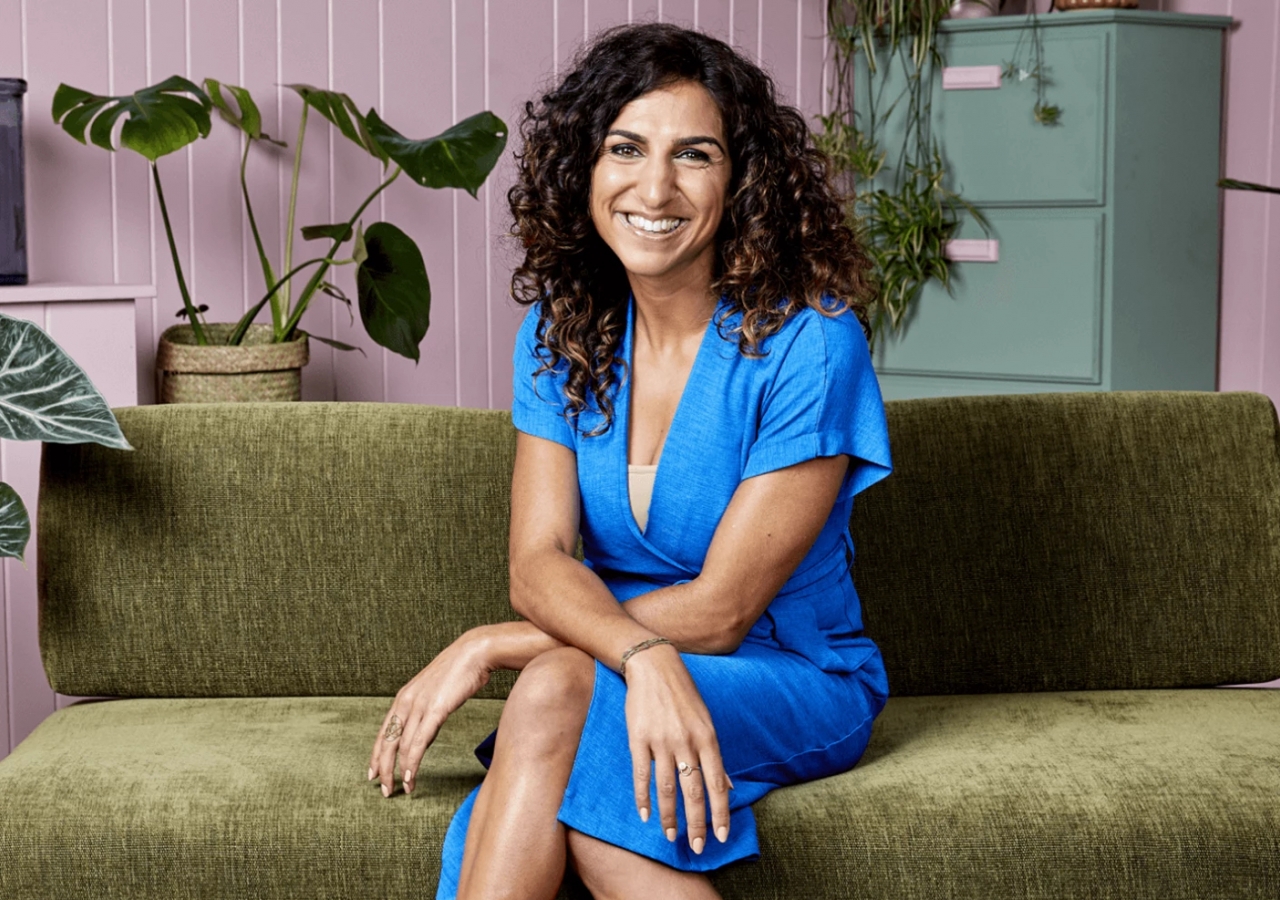Rabia was inspired to enter her current field after encountering patients with unexplained gut symptoms during her time as a junior doctor. Despite undergoing conventional tests that detect inflammation, infection, and cancer, the patients did not show any abnormalities. As a result, she realised that the gut is a much more complex organ than commonly taught in medical school.
“The gut is a long tube that goes from mouth to bottom with trillions of bacteria, nerves, and muscle connective tissues that make up how the organ functions,” said Rabia.
Driven by the beauty and intricacy of the gut, as well as a desire to help patients with severe symptoms, she recently appeared as an expert on a Channel 4 show in the UK to discuss gut health. While discussing the taboo subject of bowel movements on national television was a unique experience, Rabia appreciated the opportunity to break boundaries and provide clear medical information in a creative and engaging environment. The show received positive feedback, with 1.7 million viewers for the first episode. Many viewers expressed relief in knowing they were not alone in suffering from gut problems and gained new tips and tricks to incorporate into their lifestyles.
As the show targeted a UK audience, Dr Rabia emphasised that the show provides an idealised view of the UK healthcare system, in which access to a general practitioner, gastroenterologist, and dietician within a short time frame is not the norm. These disparities do exist, and they “are exacerbated by stigma and taboo,” she said.
Stigma can have detrimental effects on individuals, particularly within diverse cultures. Many cultures do not openly discuss bodily functions therefore creating a "poo taboo." Consequently, individuals may hesitate to come forward and discuss their gut problems. Moreover, there is a disparity in gut health research between the Western world and developing regions. The taboo and limited funding for resource-poor countries contribute to a lack of data from these regions. Rabia also highlighted the role of immigration and how it can impact gut health, especially among refugees who may have experienced trauma. Research shows a link between trauma and gut health problems, emphasising the need for open dialogue and support within host countries like the UK.
To maintain good gut health, Dr Rabia offers several easy suggestions for good gut health regardless of location. The first thing to be conscious about is adequate fibre consumption as many of us do not meet the recommended guidelines. Fibre is found in easily accessible foods such as lentils, oats, and green vegetables.
She also suggests swapping to whole grains like brown rice, brown bread, and brown pasta to help meet the recommended 20-30 grams of fibre per day. It is also important to consume up to two litres of fluid to maintain good gut health. She advised limiting the consumption of highly processed foods and suggested following an "80/20 rule" where fresh, unprocessed foods make up 80% of a regular diet.
Ignoring the body’s call to use the bathroom can also lead to negative impacts on gut health. Rabia also recommended using a toilet stool, which raises your knees above your hips during bowel movements — the ideal position to avoid straining.
Lastly, managing stress is also crucial, as stress affects the gut due to its abundant nerve supply. Rabia encouraged finding stress-reducing techniques such as talking to loved ones, spending time in nature, practising regular prayer, seeking therapy, or utilising deep breathing exercises.
Breaking stigmas and taboos surrounding gut health is essential to ensure individuals have access to proper information and care. Dr Rabia's practical tips for maintaining good gut health can be incorporated into daily life regardless of geographical location, and can help to promote overall well-being.
For personalised advice on optimising your gut health, please consult with a qualified medical professional or inquire with your local Aga Khan Health Board.








